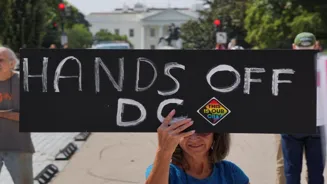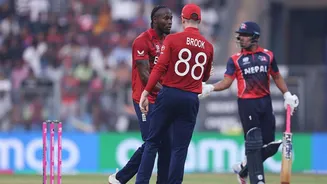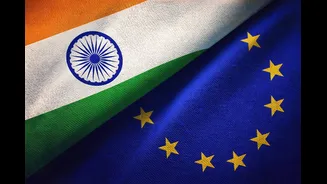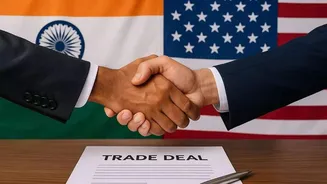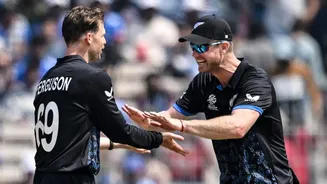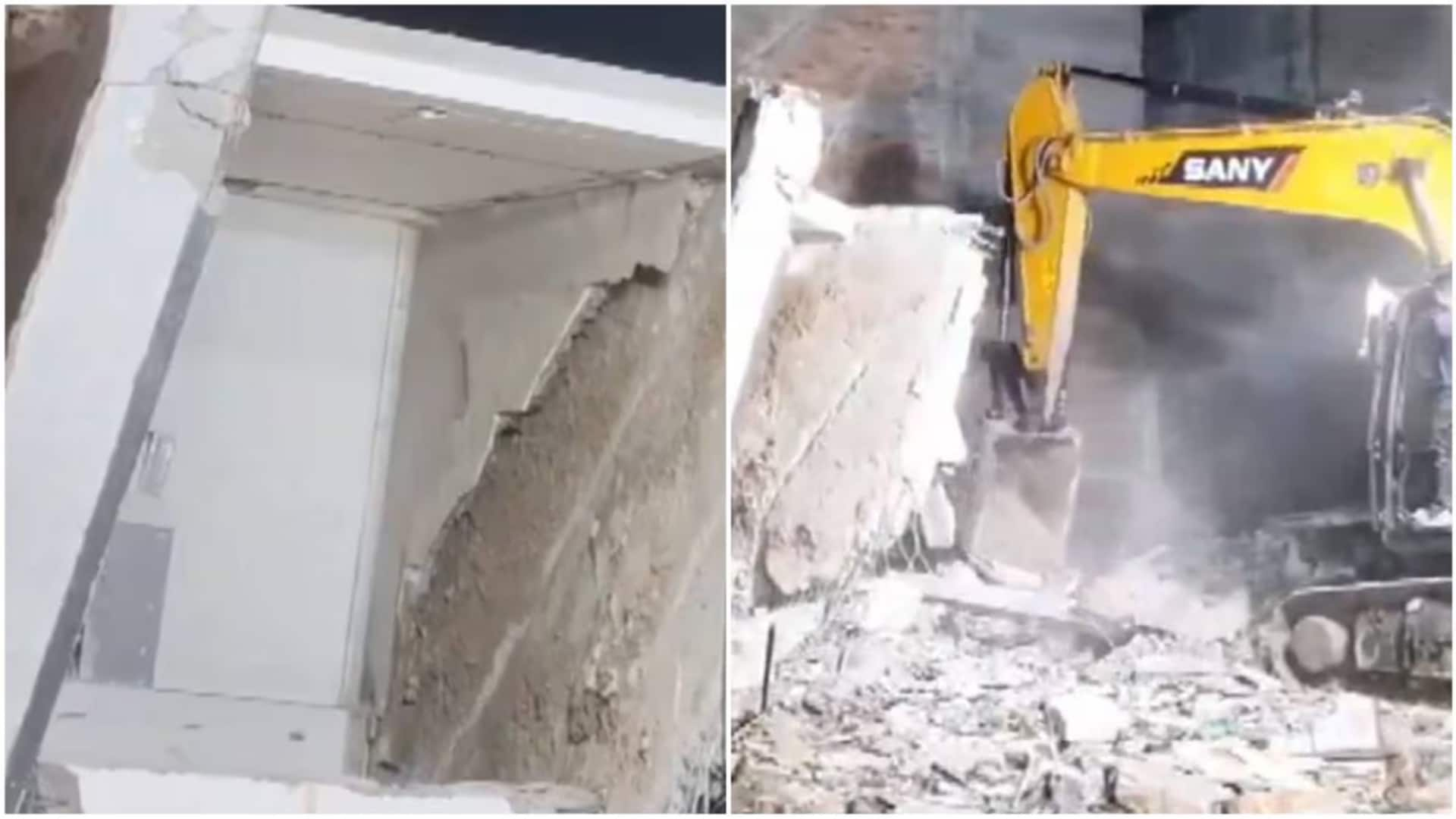On Monday (August 11), he turned his threat into reality as he deployed the National Guard to the capital and took control of the city’s police force as he pledged to crack down on crime and homelessness in the city.
“I’m announcing a historic action to rescue our nation’s capital from crime, bloodshed, bedlam and squalor and worse,” Trump said during a news conference in which he was flanked by US Attorney General Pam Bondi, who will lead the city’s police force while it is under federal control.
“This is liberation day in DC, and we’re going to take our capital back,” he said.
But what does all this mean? Why has Trump moved in the National Guard to Washington, DC? What happens now? And why is Trump’s move unprecedented?
What did Trump announce?
On Monday, Trump declared a “public safety emergency” and deployed 800 National Guard troops in the nation’s capital. He also announced that the federal government would also seize control of Washington’s Metropolitan Police Department.
In explaining his move, the US president said, “it’s becoming a situation of complete and total lawlessness”, adding that his actions would “rescue our nation’s capital from crime, bloodshed, bedlam and squalor and worse”.
He pointed out that Washington DC had been “taken over by violent gangs and bloodthirsty criminals” as well as “drugged out maniacs and homeless people”.
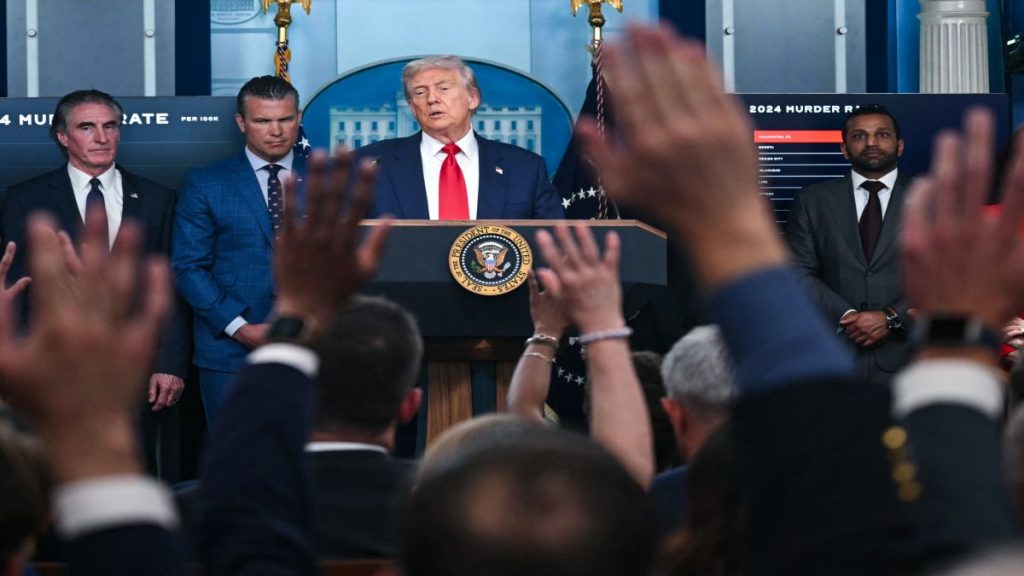
US President Donald Trump speaks during a news conference to discuss crime in Washington, DC, in the Brady Press Briefing Room at the White House in Washington. AFP
Is Trump’s takeover of the police legal?
Trump’s announcement has raised many eyebrows with some asking if he’s permitted by law to do so.
But experts note that his move to federalise the police is allowed within limits. The Home Rule Act of 1973 allows the president to take control of the city’s police for 48 hours if he “determines that special conditions of an emergency nature exist,” which requires the department’s use for federal purposes.
The president can retain control of the department for a longer period if he notifies the chairs and ranking members of the congressional committees that handle legislative matters pertaining to DC, which Trump indicated he intends to do. Any request of control over the city’s police department for more than 30 days must be passed into law.
However, herein lies the issue. Most analysts note that there’s there is “no crime emergency” that would justify the president’s actions. In fact, crime in Washington, DC is at a low. Local data reveals violent crime has decreased in recent years after a crime wave in 2023, which authorities described as a post-pandemic spike.
Moreover, the Department of Justice in January said violent crime was down 35 per cent on the previous year, and had hit a 30-year low.
What about Trump’s deployment of the National Guard?
Trump is authorised to deploy the National Guard and it is reminiscent of what he did in Los Angeles back in June. In fact, the National Guard, a military reserve force within the United States Armed Forces, reports only to the president. Governors have the power to call in the Guard in their states, but the DC mayor needs federal authorisation to do so because of DC’s status without statehood.
Historically, the National Guard has been called on by the president or governors to respond to domestic emergencies or participate in overseas combat and civilian missions — not to assist in routine crime-fighting.
This isn’t the first time that the National Guard is being brought into the capital. In his first term, Trump had deployed the troops in June 2020 to clear Black Lives Matter protesters from Lafayette Park, across from the White House.
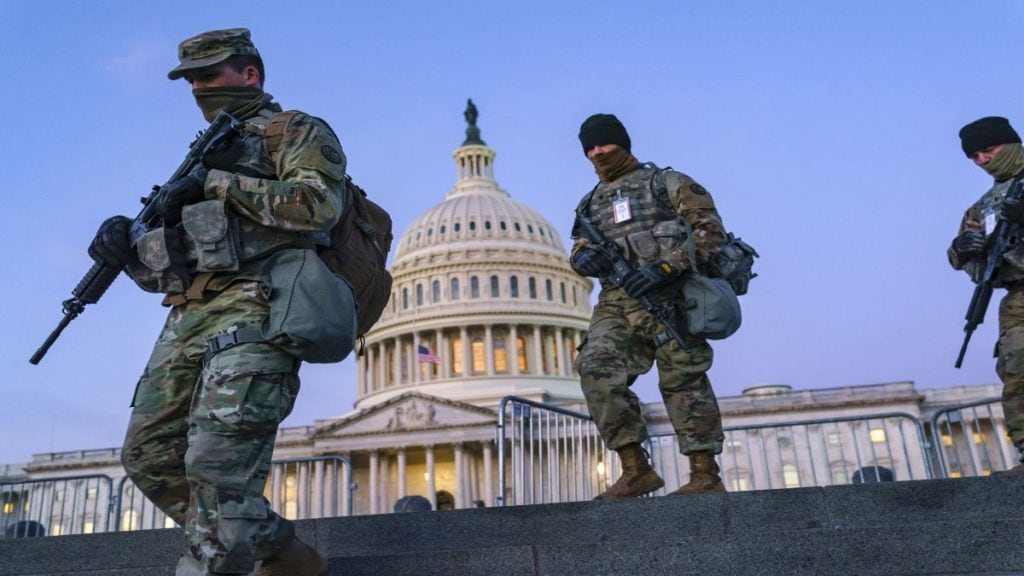
National Guard troops reinforce the security zone on Capitol Hill in Washington. File image/AP
What happens in Washington, DC now?
It seems that Trump’s decision came as a shock to the mayor and residents of Washington. In fact, Mayor Muriel Bowser called the president’s move “unsettling and unprecedented”.
She further disputed Trump’s justification for declaring a crime emergency, calling it a subjective “so-called emergency” and noting that the crime has been trending down in the city after spiking in 2023. “We’re not experiencing a spike in crime but a decrease in crime,” Bowser said.
But what happens now?
According to a BBC report, of the 800 National Guard troops being deployed, 100-200 will be deployed and supporting law enforcement at any given time. US Defence Secretary Pete Hegseth said the National Guardsmen would arrive by the end of the week.
Meanwhile, the Washington police is trying to figure out what their role will be after Trump’s announcement. As CNN reported, Trump’s announcement has led to confusion over who now leads the police, how their policing strategy will change and in what ways federal agents – many who aren’t trained for community policing – are going to interact with local officers.
Mayor Muriel Bowser also said that she was trying to hold a meeting with Attorney General Pam Bondi on the same. But, she maintained that Chief of Police Pamela Smith would still run the department and report to Bowser up through the deputy mayor.
Law enforcement officials have said that it’s too early to tell what would be the full extent of Trump’s takeover, but for now it does mean more uniformed officials on the streets. Additionally, Trump has also called for the homeless to be evicted from the city and said that police will be “allowed to do whatever the hell they want,” raising the prospect of an increasingly unaccountable police presence in DC.
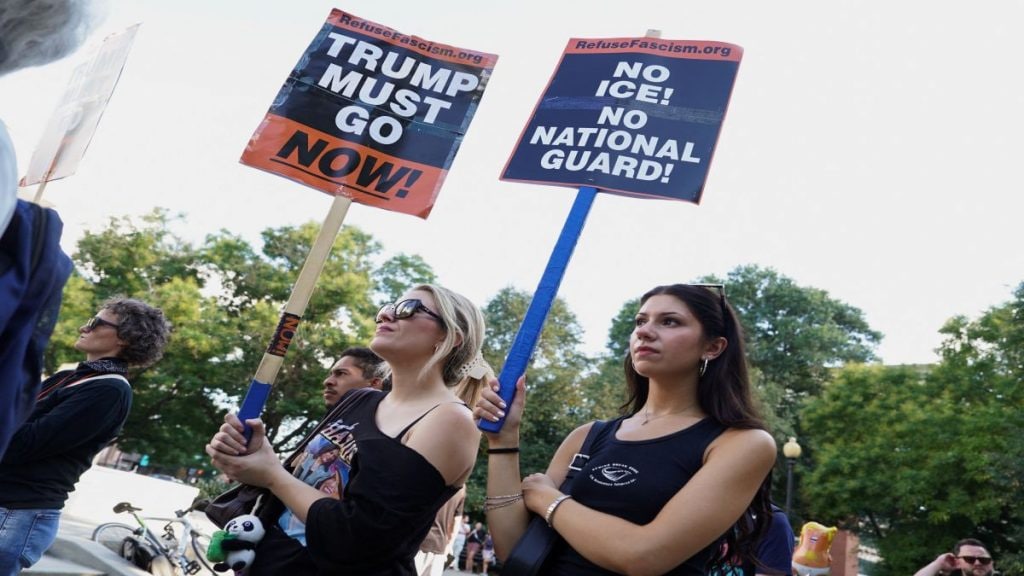
Women display signs as people protest at Dupont Circle after US President Donald Trump announced he would deploy the National Guard to the nation's capital and place DC's Metropolitan Police Department under federal control, in Washington, DC. Reuters
What happens next?
Trump’s move has been slammed by Democrats and activists with House Minority Leader Hakeem Jeffries, saying the aim was to “further the personal and political agenda of a wannabe king”.
Richard Stengel, a former undersecretary of state in Barack Obama’s administration, wrote on X, “Throughout history, autocrats use a false pretext to impose government control over local law enforcement as a prelude to a more national takeover.”
“That’s far more dangerous than the situation he says he is fixing.”
And even as Trump was making his announcement, demonstrators gathered outside the White House, protesting the move. “There is absolutely no need for the National Guard here,” 62-year-old retiree Elizabeth Critchley, who brandished a sign with the slogan ‘DC says freedom not fascism’, to AFP.
There’s also bigger fears that Trump could replicate this move across different cities in the US. He, in fact, said that he planned to roll out the policy to other cities, spotlighting New York and Chicago.
With inputs from agencies
